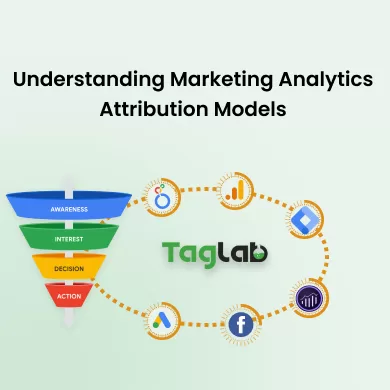Your cart is currently empty!
Search results for:
Content Marketing ROI Calculator
Formula: Content Marketing ROI = Revenue Generated – Content Marketing Cost Content Marketing Cost × 100 Explanation Content Marketing ROI measures the return on investment from content marketing efforts. It is calculated by subtracting the content marketing cost from the revenue generated and dividing the result by the content marketing cost, then multiplying by 100 to get a percentage. Estimating Content Marketing…
Revenue Per Click Calculator
Formula: Revenue Per Click = Total Revenue Number of Clicks Explanation Revenue Per Click (RPC) is a metric that measures the average revenue generated for each click on your ad or website link. It is calculated by dividing the total revenue by the number of clicks. Real-Life Example Let’s say you have generated $5,000 in revenue from 2,500 clicks. To…
SEO ROI Calculator
Formula: SEO ROI = Net SEO Revenue − SEO Cost SEO Cost × 100 Explanation SEO ROI (Return on Investment) is a metric used to evaluate the effectiveness of SEO campaigns by comparing the net revenue generated from SEO efforts to the total cost of those efforts. It is calculated by subtracting the SEO cost from the net SEO revenue,…
Ad Spend Calculator
Formula: Ad Spend = CPC × Clicks Explanation Ad Spend is the total amount of money spent on an advertising campaign. It is calculated by multiplying the cost per click (CPC) by the number of clicks generated by the ad. Understanding your ad spend is crucial for budgeting and optimizing your advertising campaigns. It helps in…
Impression Share CalculatorImpression Share Calculator
Formula: Impression Share = Impressions Eligible Impressions × 100 Explanation Impression Share is a metric that measures the percentage of impressions your ads receive compared to the total number of impressions they were eligible to receive. It is calculated by dividing the number of impressions by the number of eligible impressions and multiplying by 100 to get…
Cost Per Lead (CPL) Calculator
Formula: CPL = Total Cost Number of Leads Explanation Cost Per Lead (CPL) – sometimes refered to also as “Cost Per Conversion” is a marketing metric that measures the cost effectiveness of a marketing campaign in generating new leads. It is calculated by dividing the total cost of the campaign by the number of leads generated. This rate…
Unmask Real Time on Page with Custom Metrics (GA4 & GTM)
Accurately measuring the time users spend on your webpage is crucial for understanding engagement and optimizing content. In a previous article, we explored how to use time metrics with Google Analytics and Looker Studio. However, we highlighted the inherent inaccuracies in Google’s default time tracking methods. This makes it challenging to rely on this data…
Cross Domain Tracking with Mixpanel and Google Tag Manager
Cross domain tracking is essential for accurately monitoring user behavior across different domains. In this article, we will dive into the significance of cross domain tracking, potential issues arising from its absence, and how tools like Mixpanel, Google Analytics, and others address this challenge. We will also provide a step-by-step guide to implementing cross domain…
Google Tag Manager Server-Side Tagging: Do I Really Need It?
Google Tag Manager (GTM), the most popular Tag Management System has established itself as a powerful tool that simplifies the deployment and management of various tags on websites. Recently, server-side tagging has become a hot topic, offering potential improvements in performance, security, and data accuracy. But is it essential for every business? This article explores…
Understanding Marketing Analytics Attribution Models
Understanding how various marketing efforts contribute to sales and conversions is crucial for businesses aiming to optimize their strategies and budgets. This understanding is facilitated through marketing attribution, a powerful analytical approach that helps businesses identify which touchpoints in a customer’s journey are most effective. Marketing attribution models offer a framework to assign credit to…



